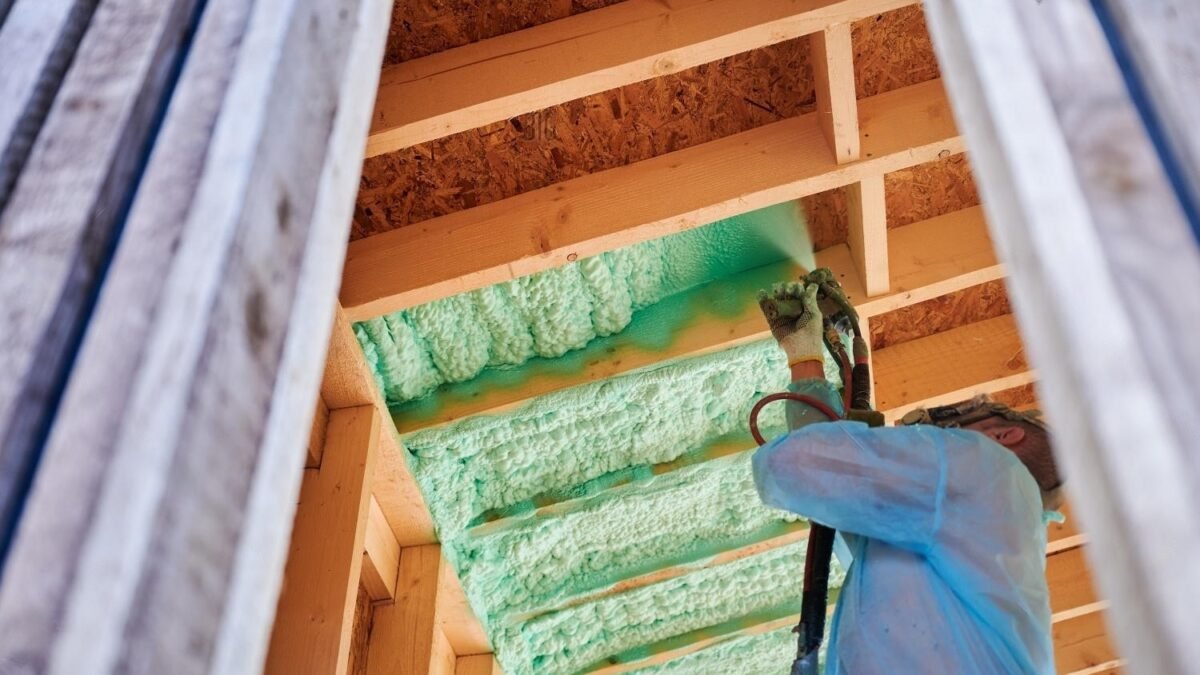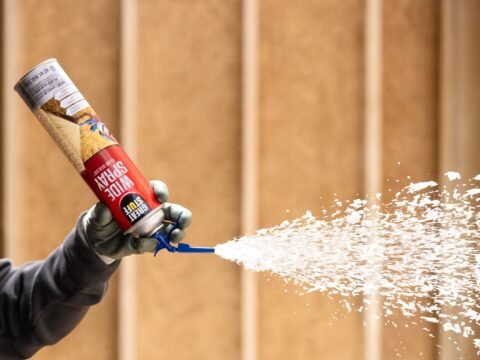- Call Us For A Quote
- (613) 319-8422
- info@613sprayfoam.ca
Upgrading Your Home’s Insulation: Benefits and Considerations

Spray Foam Insulation for Industrial Facilities: Case Studies and Results
October 23, 2023
Why Insulate Your Home? The Top Reasons You Need to Know
November 6, 2023When it comes to enhancing the comfort, energy efficiency, and even the value of your home, upgrading insulation stands out as a top consideration. Whether you’re living in an older home with outdated insulation or in a more modern residence looking to optimize energy performance, understanding the benefits and considerations of upgrading is crucial. Here’s a comprehensive overview.
Benefits of Upgrading Your Home’s Insulation:
Energy Efficiency & Cost Savings: Upgraded insulation can prevent heat loss during winter and reduce heat intake during summer. This translates into a significant decrease in energy bills.
Enhanced Comfort: Proper insulation ensures even temperatures throughout your home, reducing cold spots in winter and overly warm areas in summer.
Environmentally Friendly: By reducing the energy required to heat or cool your home, you’re decreasing your carbon footprint, which is beneficial for the environment.
Increased Property Value: Homes with modern, efficient insulation often fetch a higher resale value, as potential buyers recognize the long-term cost savings associated with it.
Reduced Noise Pollution: Quality insulation can act as a sound barrier, reducing the level of noise from external sources and between different rooms inside the house.
Prevention of Moisture & Mold: Modern insulation materials can prevent moisture from seeping into the walls, subsequently reducing the risk of mold growth.
Considerations When Upgrading Insulation:
Type of Insulation: Understand the difference between options like fiberglass, spray foam, cellulose, and mineral wool. Each has its own advantages and potential drawbacks.
R-Value: This value measures an insulation material’s resistance to heat flow. Higher R-values mean better insulating effectiveness. Depending on your geographic location and the specific needs of your home, the desired R-value can vary.
Installation Process: Some insulation types, like spray foam, require professional installation, while others, like fiberglass rolls, can be a DIY project.
Cost: Upfront costs can vary widely based on the type of insulation and the size of the area to be insulated. However, it’s essential to weigh these costs against potential long-term energy savings.
Health & Safety: Some insulation materials can pose health risks if inhaled or if they come into contact with the skin. It’s vital to understand these risks and take necessary precautions.
Local Building Codes: Check your local building codes before starting an insulation upgrade. Some municipalities may have specific requirements or guidelines for residential insulation.
Upgrading your home’s insulation can offer numerous advantages, from tangible cost savings to intangible comforts. However, it’s essential to approach this project with a well-informed perspective, considering both the benefits and essential considerations to make the best choice for your home.





